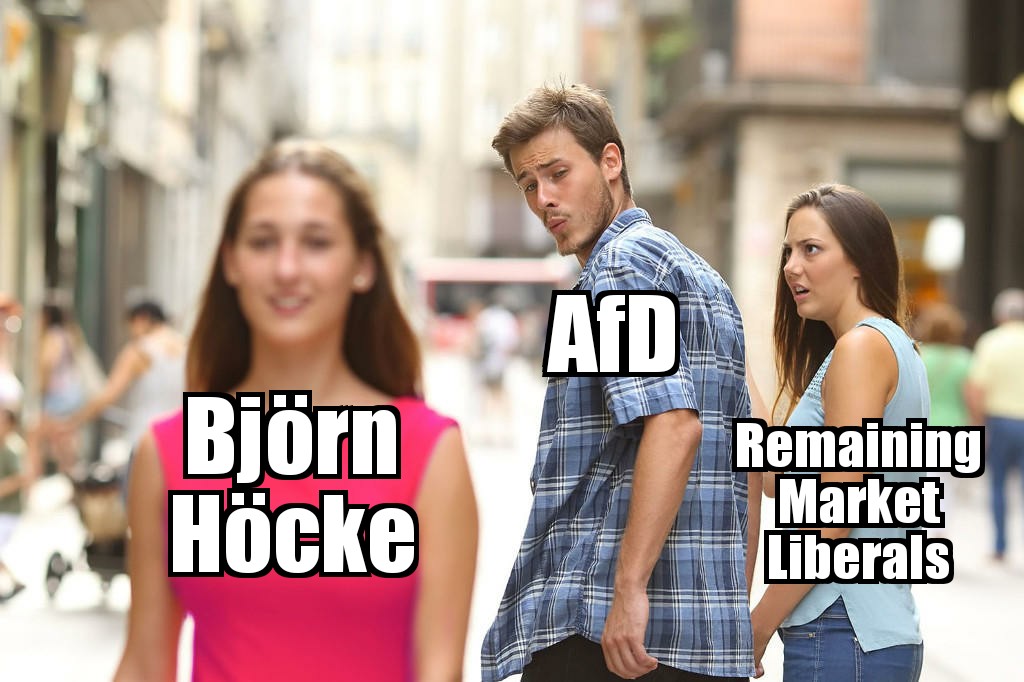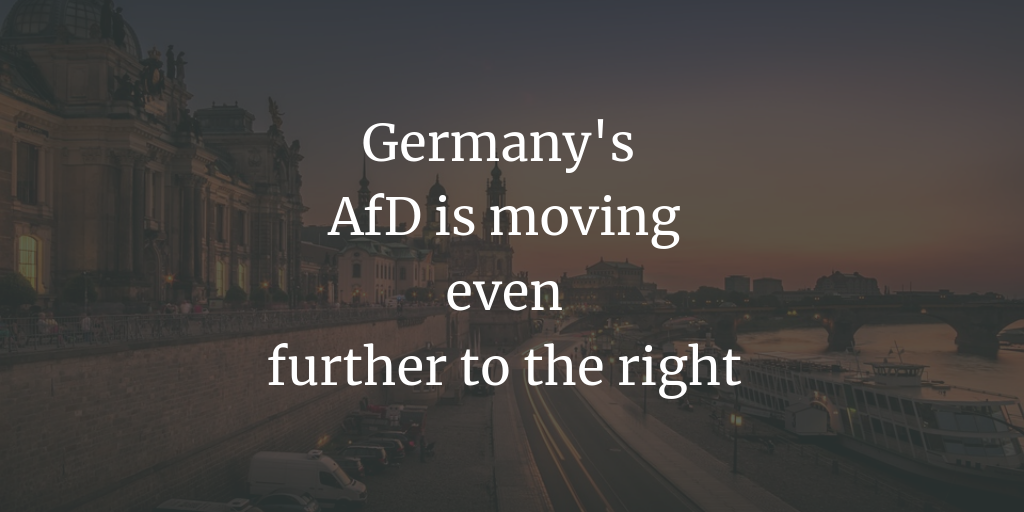Hardliner Björn Höcke will not be expelled from the AfD
What’s the matter with Höcke? A party tribunal in his home state of Thuringia has ruled that Björn Höcke has not violated the party’s fundamental principles in his so-called “Dresden speech”. In January 2017, Höcke had demanded a “U-turn” in German memory politics, which he deemed “stupid”. In the same speech, Höcke called the Berlin…





